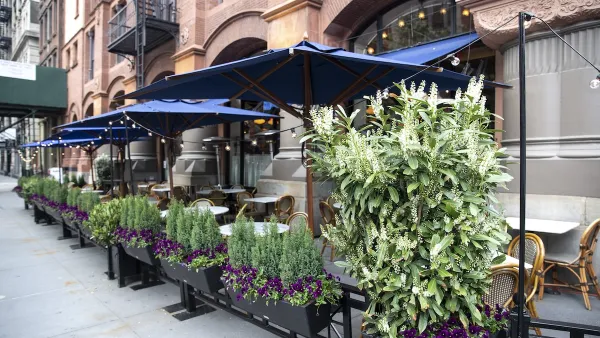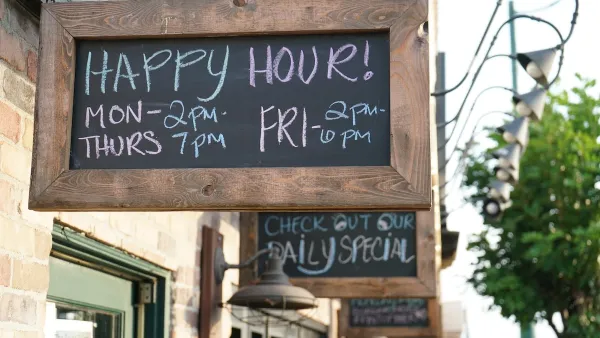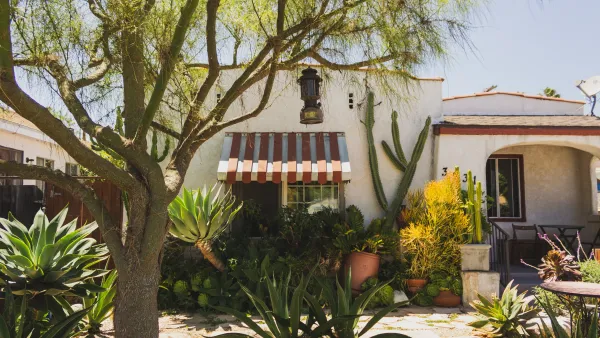A California bill approved in 2018 legalized restaurants to locate in homes, setting the foundation for a new restaurant economy just when communities needed it most.

Farley Elliott reports on the effects of AB 626, approved in 2018 to amend the California Retail Food Code to allow microenterprise home kitchens.
The text of AB 626, authored by Assemblymember Eduardo Garcia (D-Coachella) reads as follows.
This bill would, among other things, include a microenterprise home kitchen operation within the definition of a food facility, and would define a microenterprise home kitchen operation to mean a food facility that is operated by a resident in a private home where food is stored, handled, and prepared for, and may be served to, consumers, and that meets specified requirements, including, among others, that the operation has no more than one full-time equivalent food employee and has no more than $50,000 in verifiable gross annual sales.
Here's how Farley explains the bill:
The newly implemented regulation allows anyone to run a licensed restaurant out of their home kitchen and dining room. No commercial space, no food truck, no ghost kitchen, and no staff is needed — just pull some local permits to get certified by the Riverside County public health office.
According to Farley, AB 626 is having an effect in the Inland Empire, where businesses and residents are hustling to make ends meet, and potentially spurring a dining revolution precisely when it's needed most.
Between stay-at-home mandates, high unemployment, and the still-raging coronavirus pandemic, the entrepreneurial opportunities presented by AB-626 could mean tens of thousands of dollars in the hands of local chefs who feed their communities the food they most want to eat.
Farley explores the city of Riverside County for examples like Barra de Pan in Corona, run by Lucy SIlva and family. The article also includes details about the work of developers in delivering the tech platforms to enable the dining revolution.
FULL STORY: Riverside’s Newly Legal Home Restaurants Look to Revolutionize California’s Food Scene

Analysis: Cybertruck Fatality Rate Far Exceeds That of Ford Pinto
The Tesla Cybertruck was recalled seven times last year.

National Parks Layoffs Will Cause Communities to Lose Billions
Thousands of essential park workers were laid off this week, just before the busy spring break season.

Retro-silient?: America’s First “Eco-burb,” The Woodlands Turns 50
A master-planned community north of Houston offers lessons on green infrastructure and resilient design, but falls short of its founder’s lofty affordability and walkability goals.

Test News Post 1
This is a summary

Analysis: Cybertruck Fatality Rate Far Exceeds That of Ford Pinto
The Tesla Cybertruck was recalled seven times last year.

Test News Headline 46
Test for the image on the front page.
Urban Design for Planners 1: Software Tools
This six-course series explores essential urban design concepts using open source software and equips planners with the tools they need to participate fully in the urban design process.
Planning for Universal Design
Learn the tools for implementing Universal Design in planning regulations.
EMC Planning Group, Inc.
Planetizen
Planetizen
Mpact (formerly Rail~Volution)
Great Falls Development Authority, Inc.
HUDs Office of Policy Development and Research
NYU Wagner Graduate School of Public Service




























